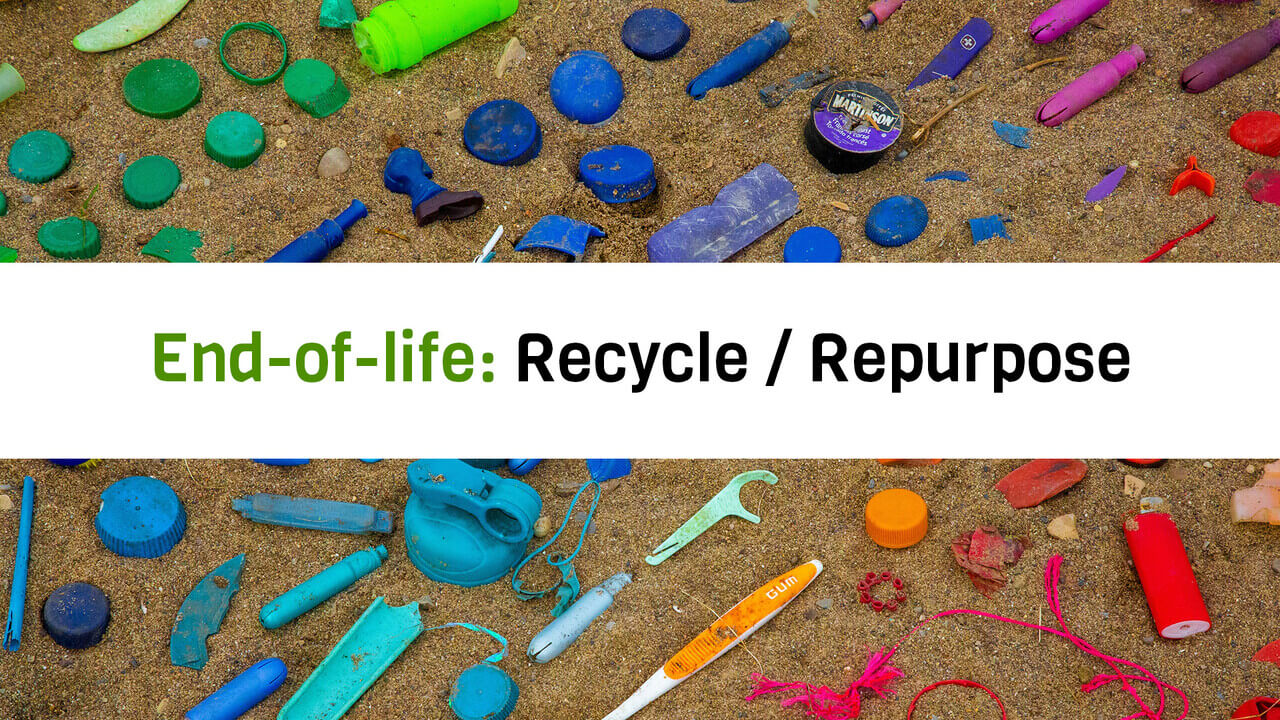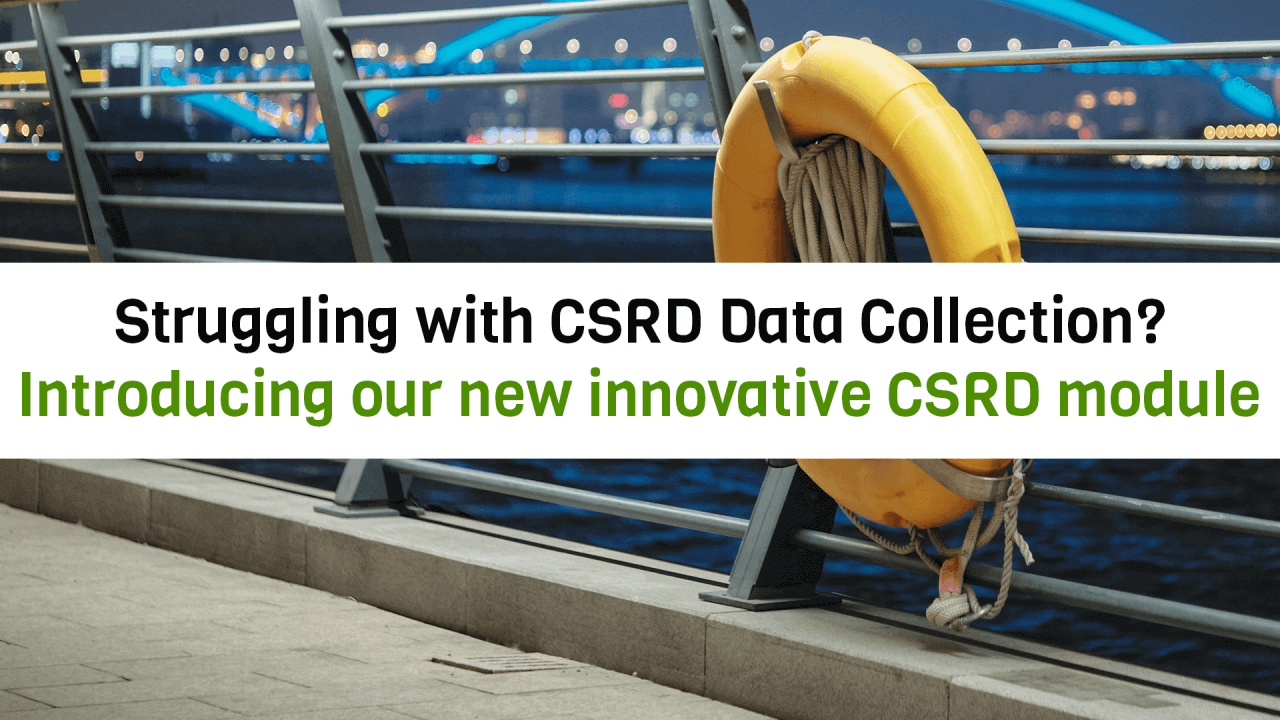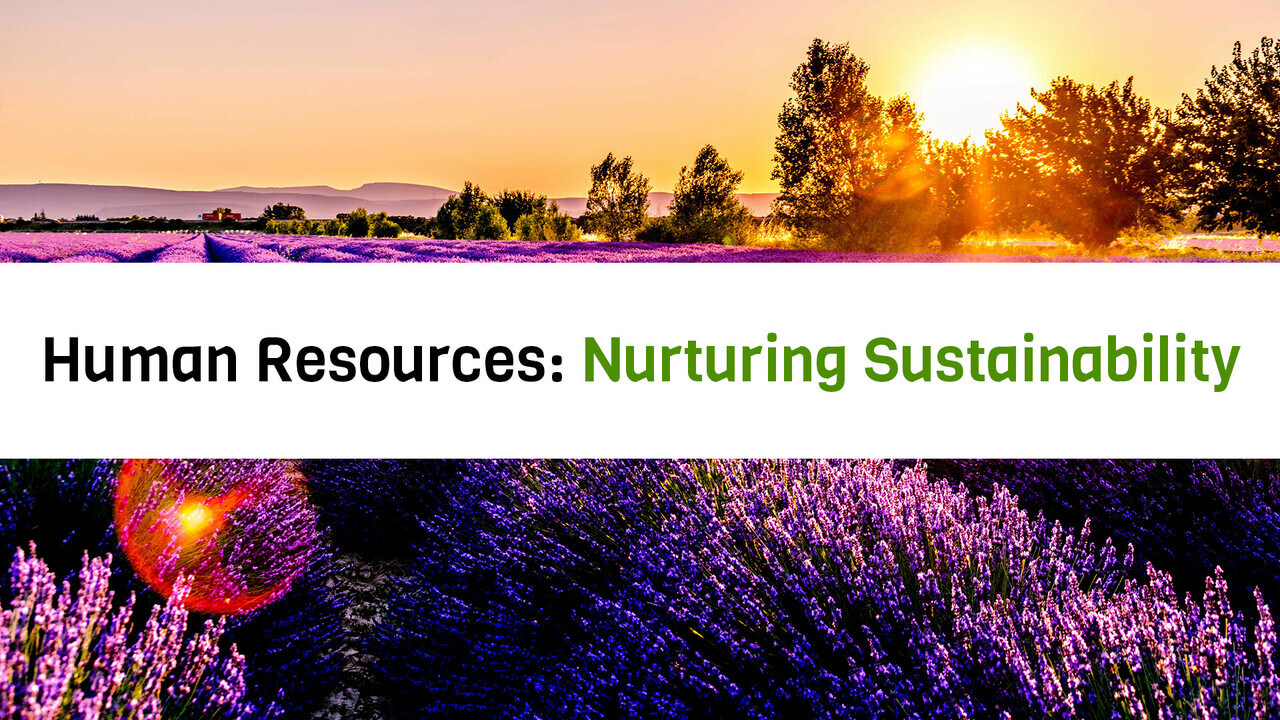5 minutes read: “Sustainable Leadership” Coffee-chat podcast + OpEd “End-of-life: Recycle / Repurpose” featuring fishscale upcycling by National University of Singapore , river-plastic designer chairs by Sungai Design , a wood-based satellite by Kyoto University + introducing The Green Link Ecosystem Alliance’s climate risk assessment Clearsum
Sustainability with Bernard & Davis
The Green Link has teamed up with SUSXL: Sustainability. Excellence. Leadership. to host regular conversations, panels & coffee-chat sessions on Sustainability with industry leaders or published authors.
In our latest episode, we had the pleasure of interviewing Wendy Lambourne on how could sustainability professionals benefit from insights from her book “Legitimate Leadership in action”. You can access the podcast here on Spotify.

Our next coffee-chat guest will be Alice Schmidt for her books “The Sustainability Puzzle” and “Fast Forward”. Join us on Apr 23rd – 3pm CET / 2pm UK / 9am EST and register on our Event page.
Now on with this Catalyst edition focus topic ♻️
Op-Ed_
At the core of The Green Link ‘s methodology to help organisation Design & Execute their Sustainability Strategy is our proprietary Sustainability Strategy Framework.
Over the last few Catalysts, we’ve explored the 7 core-process, starting with Design. This edition will focus on the End-of-Life domain with some inspiring examples from organisations that have either found clever ways to re-use / repurpose / up-cycle product waste or tackled end-of-life straight from the design phase of new products.
Let’s dive in, shall we?
Using fish-scales waste to clean up water pollution.
Addressing end-of-life for product doesn’t mean just focusing on recycling the final product. One must also take care of all the waste created during the manufacturing to selling parts of the process.
For the Food industry using fish as a raw ingredient – for example to sell ready-to-eat sushi boxes, implies creating a lot of wast such as fish-scale. A type of waste which is seldom exploited for a higher purpose and usually ends-up in incineration.
A team at the National University of Singapore (NUS) led by Professor Sow Chorng Haur discovered fish scales could acted – when heated at a specific temperature – as suitable adsorbents for water pollutant Rhodamine B, a common pink dyeused in textiles, paper, paints, and water flow tracing agents.

Current release in the wild of this pink dye has health & environmental risks like cancer and liver failure, and threats to marine ecosystems… Which is an issue that can be tackled through this method as results are highly promising: 91% of the pollutant were removed within a short 10-minute contact time 😎
If you’re curious about more detail on this end-of-life opportunity for fish-scale, read this great article by Futurity and the original article from the NUS .
Indonesian river-plastic waste-based design furnitures.
Plastic is an environmental catastrophe – no doubt about that. Unfortunately, not only have we already released tons of the material in the wild & the oceans – we’re still addicted to it. Statistica estimates that humans currently produce more than 350 million metric tonsof plastic waste per year.
Without changes to current policies, global plastic waste generation is projected to triple by 2060, to a staggering one billion metric tons…. That’s quite a significant issue, don’t you think? Companies need to adopt as quickly as possible more eco-friendly alternative materials but we still need to find a way to mitigate existing pollution.
Enters Indonesian based Sungai Design co-founded by Kelly Bencheghib focusing on repurposing Bali river plastics into delicate and delightful design chairs, each one born from 2,000 plastics bags rescued in Indonesia’s rivers, collected by their non-profit sister organisation, Sungai Watch .

Sungain Design has achieved some staggering results and with a massive positive impact. Let’s look at some figures:
- 1,800,000 kg of trash collected from Indonesian waterways
- 360 rivers cleaned by Sungai Watch
- 305,000kg of plastic bags diverted from the ocean
Harnessing existing cleaning, shredding and heat-pressing methods, the plastic waste is becomes raw material for CNC technology to intricately sculpt it into a series of parametric panels that make up the backbone of each chair.
You can discover more of their product line here and more information on their positive impact to the environment here.
Japan creates 1st wood-based satellites to burn harmlessly on re-entry.
There are 2 environmental issues with satellites & probes launched into space. The first is obviously the amount of space debris floating around that make each new launch more challenging and the upper atmosphere a bit too crowded for most space agencies’ taste (scientists estimates there are around 8,000 active satellites.
The second, less obvious, is the amount of pollution generated by satellites burning when re-entering the atmosphere for decommissioning (yes, usually we let them just burn on their way down to Earth). Not unlike regular garbage incineration, this approach has environmental consequences such as atmosphere pollution.
As quoted in this great article by The Guardian ““All the satellites which re-enter the Earth’s atmosphere burn and create tiny alumina particles, which will float in the upper atmosphere for many years,” Takao Doi, a Japanese astronaut and aerospace engineer with Kyoto University, warned recently. “Eventually, it will affect the environment of the Earth.”

Japan is considering a whole new approach by using Magnolia to create the outer-hull of its new LignoSat Satellite. After many experiments, scientific from Kyoto Universityselected magnolia for its exceptional capacities to resist the harsh vacuum of low-Earth orbit.
And because it’s wood-based, it will burn into ash when it re-enters the atmosphere. An adequate suitable end-of-life for this technical products. The 1st LignoSat will be of humble size (~the size of a coffee mug) and will be launched to carry out experiments in orbit to assess its performance, including measuring the wooden structure’s deformation in space.
Fore more information you can follow-up with The Guardian article and One Green Planet coverage here.
“If it can’t be reduced, reused, repaired, rebuilt, refurbished, refinished, resold, recycled or composted then it should be restricted, redesigned or removed from production” – Pete Seeger
The Green Link Sustainability Strategy Framework series
This concludes the review of the 7 core domains of The Green Link ‘s Sustainability Strategy Framework. In the coming editions, we will explore 5 supporting domains (Finance, HR, Operations, Legal, IT) before moving on to Upstream, Downstream and Stakeholder ecosystems.
Stay tuned for more inspiring examples.
Ecosystem Alliance: in an era of disruption, climate risk assessments for company’s assets is key.
We are extremely proud of introducing to our readers the next member of The Green Link Ecosystem Alliance: Clearsum, a Canadian partner specialised in managing climate-related risks.
Clearsumis a tech-enabled strategy consultancy, established to empower businesses and investors in navigating the challenges caused by climate change.
Founded with a commitment to merge technology and expertise, and led by Cedric B. Robert, EP, CSR-P, MBA , Clearsumoffers tailored solutions across various sectors including aeronautical, transport, logistics, real estate, infrastructure, finance, energy, agro-transformation, and technology.
Their services, supported by the Alter Climate data platform, include risk intelligence, decarbonization, scenario analysis, growth strategies (opportunities), and integrating climate considerations into strategy.
Clearsum‘s approach is rooted in a profound understanding of the climate paradigm’s impact on global business and finance, positioning them as pivotal allies for resilience and innovation.
Collaborating closely with clients, they deliver strategic, climate-informed decisions that foster continued growth and success in today’s global markets. Contact Cedric B. Robert, EP, CSR-P, MBA for further details on their capabilities.


